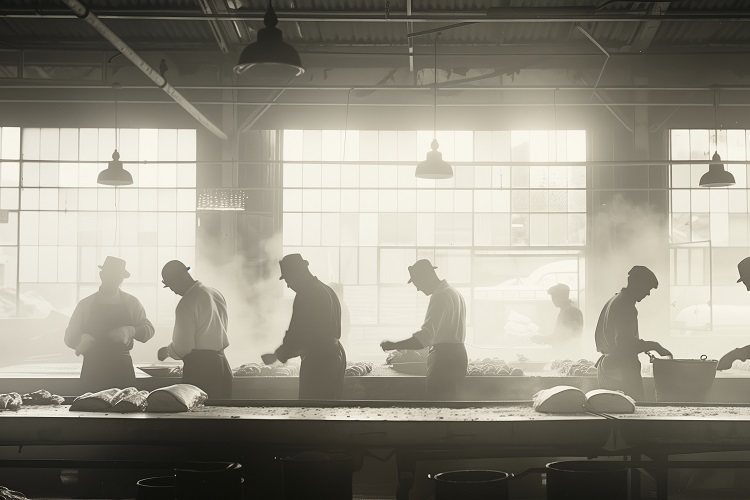Welcome to Our Research Archive
Search and filter by content type, issue area, author, and keyword

November 8, 2024
It’s Time for Conservatives to Reclaim Our Place in Ed Reform
…and one party’s candidates started snogging with people sworn to kill school choice,” observed Bob Bellafiore, a long-time ed reform advocate who was New York State’s first charter authorizer. “This…

November 5, 2024
Harvard Professor Edward Glaeser on the U.S. Housing Crisis
…at the International Growth Centre, and co-edits the Journal of Urban Economics. In this interview, Glaeser discusses the U.S. housing shortage and strategies to improve accessibility for first-time homebuyers. https://youtu.be/Ntq50ewPHo0…

November 4, 2024
Again, Tariffs Didn’t Make American Manufacturing Great
…that America “in the 1890s was probably the wealthiest it ever was” because of its tariff system. First, per capita GDP is, conservatively, seven times higher today than in 1900. That Trumpian…

November 1, 2024
Latest Student Loan Cancellation Proposal Could Be Biggest Yet
…be different this time. The new plan offers loan cancellation to borrowers experiencing “hardship.” If you’re wondering what “hardship” means, so am I. It is unclear who exactly would be…

October 30, 2024
Workforce Strategies for New Industrial Policies: Governors’ Emerging Solutions
…workforce system, the complexity of coordinating funds across stakeholders, a lack of public sector capacity to support workforce development, and the difficulties of planning workforce development programs under uncertain timelines….

October 30, 2024
American Opportunity Index 2024
…based on independent data and is the only measure of employer quality to evaluate what really happens to workers at America’s largest employers over time. Explore profiles of every company…

October 25, 2024
How Workforce Education Can Boost Earnings and Fill Jobs
…sign up for a course beginning next week if you choose. Many programs hold classes on weekends to accommodate working learners. At the time of this writing, students could select…

October 23, 2024
Work Requirement Waivers Increased FoodShare Caseloads and Costs in Wisconsin
…from absolute. Federal lawmakers allowed states to waive it in certain circumstances, and Wisconsin officials have done so much of the time. The result has been higher FoodShare caseloads and…

October 23, 2024
The College Enrollment Plunge Is the Biden Administration’s Disaster
…according to a watchdog report. As a result, the number of high school seniors and other first-time financial aid applicants completing the FAFSA for the current year dropped by 325,000—a nine…

October 21, 2024
Dueling Child Tax Credit Proposals: Harris vs. Vance
…incentives, but the Harris plan would be worse for work. We estimate that the Harris proposal would reduce labor supply by 210,000 full-time-equivalent (FTE) jobs by eliminating the earned income phase-in,…